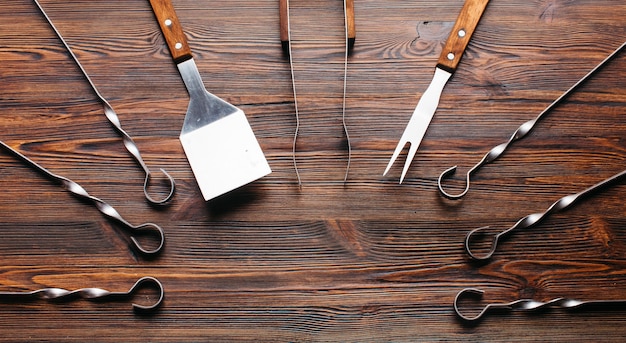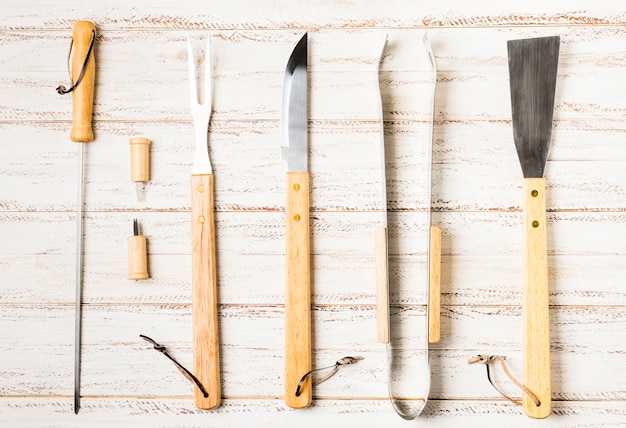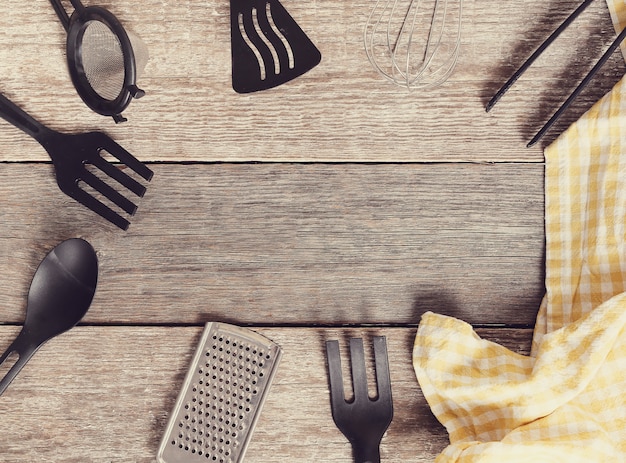Do diffusers use a lot of electric?
Introduction
Diffusers have become increasingly popular in the UK as a way to create a pleasant and aromatic atmosphere in homes, offices, and other spaces. However, many people are concerned about the electricity consumption of these devices. In this article, we will explore whether diffusers use a lot of electricity and provide an in-depth analysis of their energy usage.
Understanding Diffusers
Diffusers are electronic devices that disperse essential oils into the air, creating a soothing and therapeutic environment. They come in various forms, including ultrasonic, nebulizing, heat, and evaporative diffusers. Ultrasonic diffusers, which are the most common, use vibrations to break the essential oil particles down into a fine mist that is then dispersed into the room.
Electricity Consumption of Diffusers
When it comes to electricity consumption, diffusers are generally quite energy-efficient. Ultrasonic diffusers, for instance, utilize ultrasonic vibrations to convert water and essential oils into a mist, requiring minimal power. On average, they consume around 10-15 watts of electricity per hour, which is equivalent to or even lower than the energy usage of a standard light bulb.
While diffusers do use electricity, their power consumption is relatively low, making them a cost-effective addition to any space. Even when used continuously for extended periods, the energy consumption remains relatively low, especially when compared to other household appliances.
Factors Affecting Energy Usage
Several factors can influence the electricity consumption of diffusers. The primary factors include:
1. Operating Mode: Some diffusers have multiple operating modes, allowing users to adjust the intensity or duration of diffusion. Lower settings generally consume less electricity.
2. Mist Output: The mist output of a diffuser can impact its power consumption. Diffusers with higher mist output may use slightly more electrical energy.
3. Timer Functions: Many diffusers come with timer functions, allowing users to set specific intervals for operation. Utilizing these timers can help minimize energy usage by controlling how long the diffuser operates.
Tips for Reducing Energy Consumption
If you are concerned about the electricity usage of your diffuser, here are some tips to help minimize energy consumption:
- Use the diffuser in short bursts rather than continuous operation.
- Opt for diffusers with adjustable settings and use lower intensity modes when possible.
- Take advantage of any timer functions to ensure the diffuser operates only when needed.
- Consider using the diffuser in smaller rooms to decrease the amount of essential oils required and reduce energy usage.
- Regularly clean and maintain your diffuser to ensure it functions optimally.
“Diffusers offer a soothing and aromatic experience while consuming minimal electricity.”
Are Heat Diffusers Necessary?
Heat diffusers are a popular accessory used in cooking, especially in the UK where stovetop cooking is prevalent. These devices are designed to distribute heat more evenly across the cooking surface, preventing hot spots and ensuring that food cooks evenly. But are heat diffusers really necessary in every kitchen? Let’s take a closer look.
The Benefits of Using a Heat Diffuser
One of the main benefits of using a heat diffuser is its ability to regulate and distribute heat evenly. This is particularly useful when cooking delicate dishes that require a slow and gentle heat, such as sauces or simmering stews. A heat diffuser can help prevent these dishes from scorching or burning on the bottom.
Another advantage of using a heat diffuser is that it can protect your cookware from direct contact with high heat sources. This is especially important for materials like cast iron or ceramic, which may crack or warp when exposed to excessive heat. By placing a heat diffuser between the heat source and the cookware, you can prolong the lifespan of your pots and pans.
When to Use a Heat Diffuser
While heat diffusers offer several benefits, they may not be necessary for every type of cooking. Here are some instances where using a heat diffuser can be particularly advantageous:
- Cooking with gas stoves: Gas stoves tend to have more fluctuating temperatures compared to electric stoves, making a heat diffuser useful for more precise control over heat distribution.
- Using lightweight cookware: Thin or lightweight cookware, such as stainless steel pans, often have hot spots that can cause uneven cooking. A diffuser can help mitigate this issue.
- Preparing delicate dishes: If you frequently cook sauces, custards, or other delicate dishes that require precise temperature control, a heat diffuser can be beneficial in preventing overheating.
In Conclusion
While heat diffusers can be useful tools in the kitchen, they may not be necessary for everyone. Consider your cooking style and the type of dishes you prepare before deciding whether to invest in a heat diffuser.
If you often cook on gas stoves, work with lightweight cookware, or frequently prepare delicate dishes, a heat diffuser can greatly improve your cooking experience. However, if you primarily use electric stoves or cook with heavy-duty cookware, you may find that a heat diffuser is not essential.
In the end, it’s a personal preference and depends on the specific needs of your cooking routine. Experimenting with and without a heat diffuser can help you determine if it enhances your cooking results and makes a noticeable difference in your kitchen.
Are Oil Burners Better Than Diffusers?
When it comes to creating a soothing atmosphere in your home, essential oils can be a great addition. However, the method you choose to disperse the fragrance can greatly impact the overall experience. Two popular options are oil burners and diffusers. Let’s explore the advantages and disadvantages of each.
Oil Burners
An oil burner is a traditional method of dispersing essential oils by heating them with a tea light candle. This method has been used for centuries and has its own charm. Here are some key points:
- Pros:
- Creates a warm and cozy atmosphere.
- Can help purify the air.
- Allows you to use a wide variety of essential oils.
- Cons:
- The heat can alter the therapeutic properties of the oils.
- Requires supervision and regular maintenance.
- Potential risk of fire hazard if left unattended.
Diffusers
A diffuser, on the other hand, uses ultrasonic technology to disperse essential oils into the air as a fine mist. This method has gained popularity due to its convenience and effectiveness. Here are some key points:
- Pros:
- Preserves the therapeutic properties of essential oils.
- Easy to use and maintain.
- Can be set to run continuously or intermittently.
- Cons:
- May not create the same cozy atmosphere as an oil burner.
- Limited selection of essential oils due to compatibility with the diffuser.
In summary, the choice between an oil burner and a diffuser depends on your personal preferences and needs. If you enjoy the warm ambiance of a flickering candle and a more traditional approach, an oil burner could be the right choice for you. However, if you prioritize preserving the therapeutic properties of the essential oils and want a hassle-free experience, a diffuser may be the better option.
Ultimately, both methods have their own merits and it is up to you to decide which one suits your lifestyle and desired ambiance.
Are electric diffusers cheap to run?
Electric diffusers have become increasingly popular in the UK as a way to create a pleasant and relaxing ambiance at home. However, many people wonder if these devices are cheap to run in terms of energy consumption and cost. Let’s explore the factors that determine the running costs of electric diffusers.
Energy Efficiency
When it comes to energy efficiency, electric diffusers are generally considered to be inexpensive to run. Most models operate on low wattage, typically ranging from 5 to 15 watts. Compared to other electrical appliances, such as lamps or air purifiers, the energy consumption of an electric diffuser is relatively low.
Duration of Use
The running costs of electric diffusers also depend on how long you use them each day. If you only use the diffuser for a few hours in the evening, the impact on your energy bill will be minimal. However, if you keep it running continuously throughout the day, the costs may accumulate over time.
Essential Oils
Another aspect to consider is the cost of essential oils used in electric diffusers. While some diffusers require a few drops of oil, others may consume larger quantities. The cost of replenishing essential oils can vary depending on the brand and type of oil you prefer.
Overall Cost-Effectiveness
Despite the slight increase in energy consumption, electric diffusers are generally considered cost-effective. Their ability to create a soothing environment and improve well-being often offsets the minimal impact on energy bills. Additionally, investing in a high-quality diffuser that is built to last can save you money in the long run.
Electric diffusers offer a convenient and economical way to enjoy the benefits of aromatherapy and create a pleasant atmosphere in your home.
Ultimately, the running costs of electric diffusers are relatively low compared to other electrical appliances. As long as you use them responsibly and make mindful choices regarding essential oils, they can provide a cost-effective way to enhance your well-being and create a relaxing environment at home.



